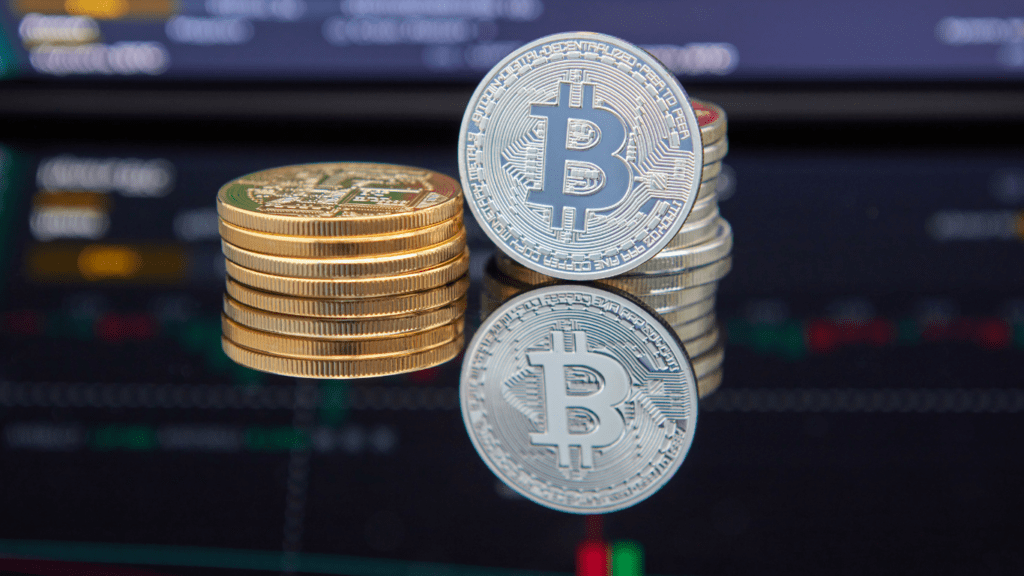Understanding Decentralized Betting
The evolution of betting ushered in decentralized platforms, fundamentally changing the experience. With blockchain and smart contracts, these platforms transform trust and efficiency.
Traditional vs. Decentralized Betting
Traditional betting involves centralized entities like casinos or bookmakers. They dictate odds, handle payments and control data. In contrast, decentralized platforms enable peer-to-peer interaction. By using blockchain, users bypass intermediaries, reducing fees and increasing transparency. This model benefits bettors by creating an open, equitable environment.
Key Features of Decentralized Platforms
These platforms leverage smart contracts to automate and guarantee payouts, minimizing errors and delays. They offer enhanced security through encryption and a transparent ledger for all transactions. Another feature is anonymity—bettors maintain privacy as transactions don’t need personal identification, promoting a secure betting experience. Participants appreciate these advantages, leading to growing adoption in the industry.
Benefits of Decentralized Betting
Decentralized betting offers various advantages to users. It leverages advanced technology to enhance both the security aspects and potential profitability, making it an attractive option for bettors.
Enhanced Security and Privacy
Increased cryptographic measures protect user data on decentralized betting platforms. Blockchain encrypts information and transactions, making them difficult to tamper with or alter. Peer-to-peer transaction models, without central authorities, also provide anonymity, allowing users to engage in betting without exposing sensitive information.
Reducing House Edge
Decentralized platforms offer more equitable odds compared to traditional systems. By removing intermediaries like bookmakers, there’s a lower house edge, which means a higher return for bettors. Smart contracts automate wagers and payouts, reducing operational costs and allowing users to receive fairer prices for their wagers.
Challenges and Concerns
Decentralized betting offers numerous advantages, yet several challenges and concerns remain. Understanding these issues is vital for navigating this emerging landscape effectively.
Regulatory Issues
Regulatory issues pose significant challenges to the growth of decentralized betting. Legal frameworks often lag behind technological advancements, creating uncertainty for operators and users. While blockchain allows for borderless transactions, different jurisdictions impose varying regulations, making it difficult to achieve compliance. This inconsistency can lead to potential legal risks and deter participation from users wary of legal repercussions. Collaboration between policymakers and industry stakeholders is necessary to establish clear regulatory guidelines.
Technological Limitations
- Despite technological advancements, decentralized platforms face limitations impacting user experience and system performance.
- Scalability is a primary concern, as blockchain networks sometimes struggle to handle high transaction volumes, leading to delays and increased costs.
- Additionally, not all users possess the technical expertise to engage with decentralized betting, making it inaccessible to some potential participants.
- Continuous innovation and improved user interfaces are essential to overcoming these barriers, ensuring that decentralized betting becomes more efficient and widely adoptable.
Popular Decentralized Betting Platforms

Numerous platforms have emerged as leaders in the decentralized betting space. These platforms offer innovative features, enhancing the user experience.
Platform Comparisons
Several platforms lead the decentralized betting sector, each with unique offerings:
- Augur: Utilizes Ethereum blockchain for global prediction markets. Users create and trade event-based shares.
- Gnosis: Offers a decentralized prediction market with custom-designed prediction tokens. It aims for diverse participation in a variety of events.
- Polymarket: Provides a platform for users to bet on real-world outcomes using stablecoins. It emphasizes data-driven insights to inform bets.
- Stox: Uses smart contracts to create a transparent and secure environment offering diverse event categories to bet on.
- Peerplays: Built on a blockchain specifically for betting, it offers instant, secure transactions without intermediaries.
User Experiences and Reviews
User feedback highlights various aspects of decentralized betting platforms:
- Augur: Users praise Augur’s transparency and diverse market choices. Some find the platform complex but appreciate the potential returns.
- Gnosis: Users often mention Gnosis’s flexibility in event forecasting. However, some express concerns about token valuation.
- Polymarket: Polymarket users appreciate its simplicity and data-backed betting options, though some request more betting categories.
- Stox: Stox users enjoy the range of events and enhanced analytics. Some users note the platform’s learning curve.
- Peerplays: Users value Peerplays’ quick transactions and low fees, though some face challenges with its user interface.
These platforms collectively enrich the decentralized betting experience by offering a variety of betting options, flexible transaction methods, and user-oriented designs.
The Future of Decentralized Betting
Decentralized betting platforms are transforming the gambling industry. The future looks promising with technological advancements and their potential impact on the market.
Technological Advancements
Blockchain technology continues to evolve, introducing innovations that enhance decentralized betting platforms. Advanced cryptography secures transactions, ensuring user data protection and integrity. Smart contracts automate processes, making transactions efficient and reducing the need for intermediaries. As blockchain scalability improves, more users can participate without facing delays. Efforts to create user-friendly interfaces are underway, making these platforms accessible to individuals without technical expertise. Platforms are starting to integrate artificial intelligence for real-time data analysis, providing insights that enhance the betting experience.
Potential Industry Impact
The betting industry could see a significant shift as decentralized platforms gain traction. Enhanced transparency and security might attract more users, increasing market participation. Lower operational costs on these platforms can lead to competitive odds, giving bettors better returns. Higher returns could prompt traditional bookmakers to adapt or lose market share. The global reach of decentralized platforms enables participation from users across different jurisdictions, expanding the betting market beyond geographical constraints. Collaborative efforts between regulators and platform developers might develop frameworks conducive to growth, fostering further innovation in the sector.



 Emmawinna Moody contributed significantly to the foundation of Gamble Dynasty Wins with her organizational skills and industry knowledge. Her efforts in streamlining operations and ensuring quality have been key to the platform’s success and growth.
Emmawinna Moody contributed significantly to the foundation of Gamble Dynasty Wins with her organizational skills and industry knowledge. Her efforts in streamlining operations and ensuring quality have been key to the platform’s success and growth.